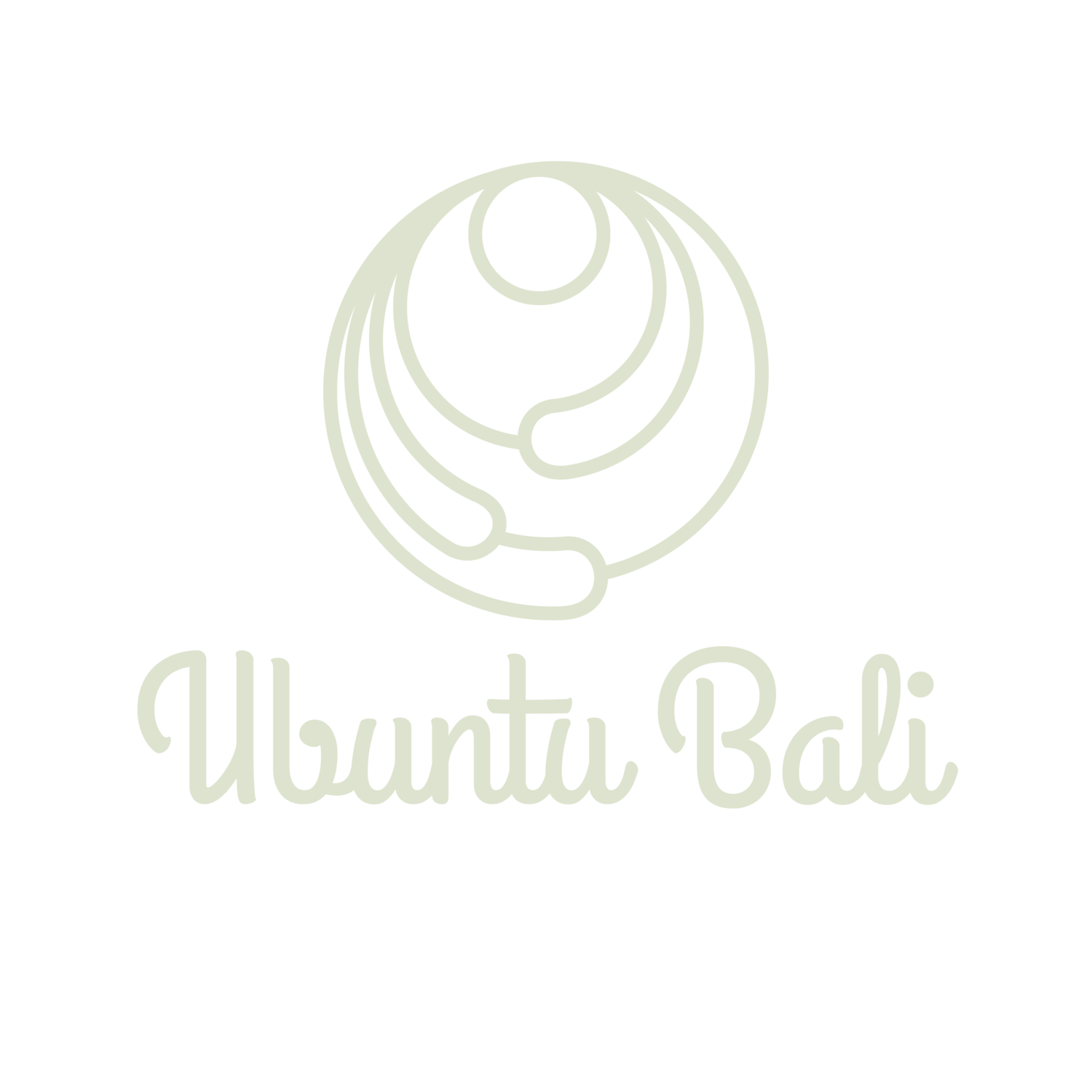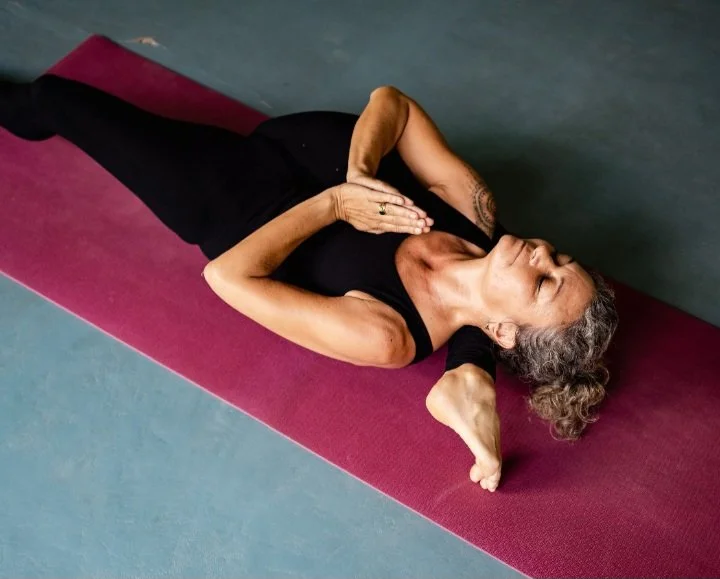Put on Your Own Oxygen Mask First: Why Self-Love Isn’t Selfish, It’s Essential
The flight attendant’s voice crackles through the cabin speakers, delivering instructions we’ve heard a thousand times but rarely truly consider: “In the event of a drop in cabin pressure, oxygen masks will fall from above your seat. Put on your own mask first before assisting others.”
I used to think this was obvious—of course you’d help yourself first. But sitting in 32B last month, watching a mother traveling alone with twin toddlers, I suddenly understood the profound resistance many of us feel to this simple instruction. Her instinct, like so many of ours, would be to secure her children’s masks first. To put their safety before her own breath. To sacrifice her oxygen for theirs.
This is the exact mentality that keeps us trapped in cycles of depletion, resentment, and burnout in our daily lives.
The Sacred Rebellion of Self-Care
There’s something revolutionary about the airplane oxygen mask instruction that goes far beyond emergency procedures. It’s asking us to rebel against one of our deepest cultural conditionings: the belief that caring for ourselves is selfish, indulgent, or somehow less noble than caring for others.
Think about it: you cannot pour from an empty cup. You cannot offer authentic love to others if you’re running on fumes, operating from a place of depletion and resentment. Yet we’re taught from childhood that good people sacrifice themselves for others, that love means putting everyone else’s needs before our own, that self-care is what you do after everyone else is taken care of.
But what happens to the mother on the airplane if she passes out while trying to help her children? Who helps them then?
This isn’t theoretical. This is the daily reality for millions of people—parents, caregivers, healers, teachers, partners—who’ve been conditioned to believe that their own well-being is less important than everyone else’s. They run themselves ragged, then wonder why they feel resentful, exhausted, or emotionally unavailable to the very people they’re trying to serve.
The Ancient Wisdom Behind Modern Instructions
In Eastern philosophy, there’s a beautiful concept called atma-prema—love of the Self (with a capital S). This isn’t ego-love or narcissistic self-absorption. It’s recognition of the divine essence within you, the same essence that exists in all beings. When you love yourself from this place, you’re not taking love away from others—you’re expanding the total amount of love in the world.
Atma-prema teaches us that self-love is actually the foundation of all authentic love. How can we truly see the divine in others if we can’t recognize it in ourselves? How can we offer genuine compassion if we’re constantly at war with our own humanity?
The Sufi poet Rumi wrote, ”Let yourself be silently drawn by the strange pull of what you really love. It will not lead you astray.” But what if what you really love includes yourself? What if honoring your own needs, dreams, and well-being is actually part of your spiritual path rather than a deviation from it?
From the Yoga Mat to Daily Life: Compassion in Motion
The most profound lessons in self-compassion often come not from books or workshops, but from our time on the yoga mat. There, in the quiet intimacy of breath and movement, we learn to listen to our bodies with curiosity rather than judgment. We discover that backing out of a pose isn’t weakness—it’s wisdom. We realize that our worth isn’t determined by how deep our forward fold is or whether we can balance in crow pose.
This mat becomes our laboratory for practicing the oxygen mask principle. Every time we choose to rest in child’s pose instead of pushing through exhaustion, we’re putting on our own mask first. Every time we modify a pose to honor an injury instead of forcing our bodies to match the person next to us, we’re choosing self-compassion over performance.
These aren’t small lessons. They’re revolutionary acts of self-respect that ripple out into every area of our lives. The person who learns to listen to their body’s wisdom on the mat becomes the parent who models healthy boundaries for their children. The student who practices self-compassion during a challenging flow becomes the partner who can communicate their needs clearly rather than building resentment.
I’ve watched this transformation happen countless times in our yoga classes and yoga community in Bali. Students arrive stressed, depleted, carrying the weight of everyone else’s expectations. Through consistent practice—not just of poses, but of self-awareness and self-kindness—they begin to understand that taking care of themselves isn’t selfish. It’s essential.
The Mythology of Selflessness
Our culture celebrates destructive selflessness—the mother who never rests, the employee who skips every lunch break, the friend always available for others’ crises but never asking for support. We call them heroes, but what we’re really celebrating is often fear: fear of being seen as selfish, fear of disappointing others, fear that we’re not worthy unless constantly giving.
True love flows from fullness, not emptiness. When we care for ourselves first, our giving comes from joy rather than martyrdom, from choice rather than compulsion.
Recognizing the Signs of Oxygen Deprivation
How do you know if you’ve been neglecting your own oxygen mask? The signs include feeling resentful when sacrifices go unappreciated, exhaustion despite adequate sleep, guilt when not helping others, and losing touch with your own needs and desires.
These aren’t character flaws—they’re symptoms of a system running on empty.
Putting on your own oxygen mask first means recognizing that your needs matter, learning to say “no” to depleting requests, investing in activities that restore you, and asking for help when needed. This isn’t about becoming selfish—it’s about becoming more conscious of how and why you give, ensuring your love and service can continue long-term.
Building a Community That Supports True Self-Care
Finding community becomes essential—spaces where self-care isn’t seen as selfish but necessary. In transformative communities like Ubuntu Bali, the principle of “putting on your own oxygen mask first” is woven into daily life. Through retreat programs, life coaching, and co-living community, you’re surrounded by others who understand that personal transformation and service aren’t opposites—they’re intimately connected.
When you commit to putting on your own oxygen mask first, you become living proof that loving yourself and loving others can coexist. You model healthy boundaries, show others what asking for help looks like, and demonstrate that self-care and service work together.
This is how we change the world—through the quiet revolution of treating ourselves with the same love we offer others. Explore this mindful care in our retreat and community!
The Daily Practice of Oxygen Mask Principles
Living the oxygen mask principle starts with small, consistent choices: taking conscious breaths before responding to stress, eating lunch away from your desk, saying “let me check my calendar” instead of automatically agreeing to requests, going to bed at reasonable hours, and asking “what do I need right now?” as often as you ask what others need.
These micro-moments of self-care create inner stability that makes you more available for genuine service from abundance rather than depletion.
The Invitation to Breathe
The airplane safety instruction is really about life philosophy. Taking care of yourself isn’t the opposite of taking care of others—it’s the prerequisite. Your well-being isn’t a luxury to be earned after everyone else is handled; it’s the foundation that makes everything else possible.
The oxygen mask Is falling right now, in this moment, in this choice between depletion and restoration. The question isn’t whether you deserve to put it on—of course you do. The question is: are you brave enough to choose your own breath first?
Your oxygen mask is waiting. Everyone you love is counting on you to put it on.

